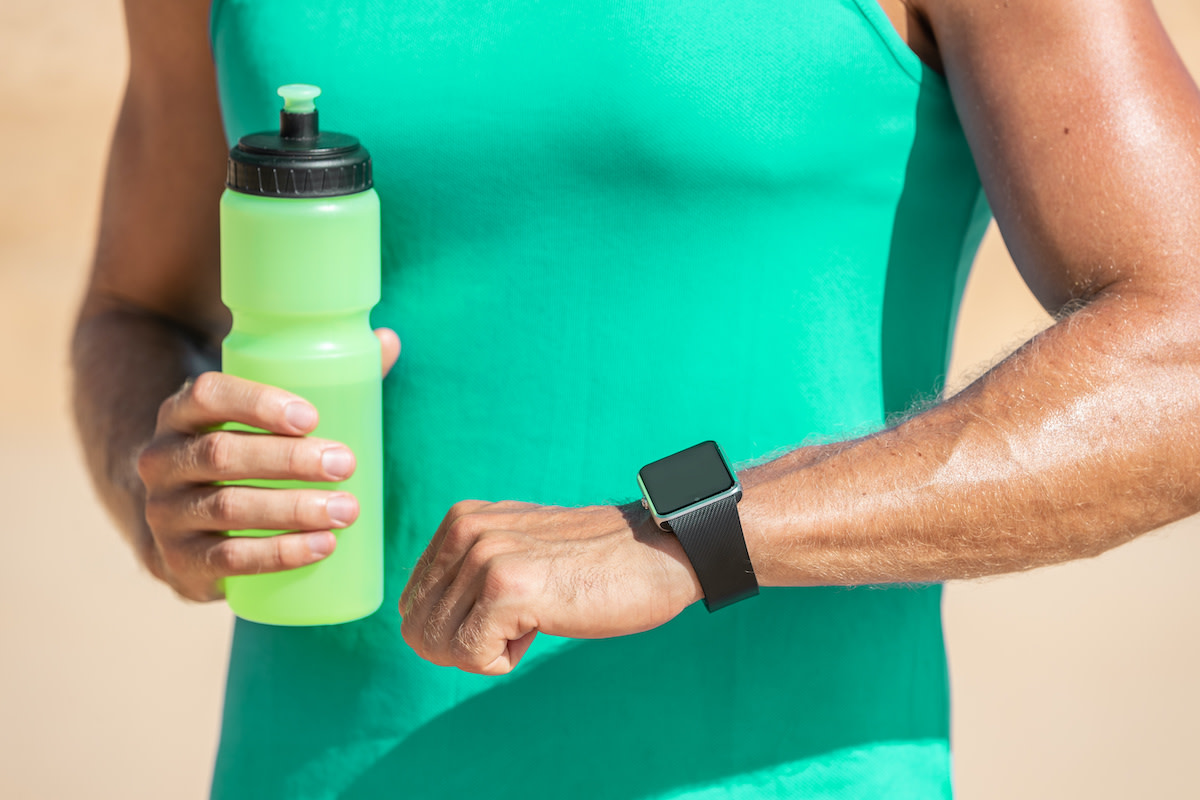Electrolytes Explained: What Do Electrolytes Do?
Written by MasterClass
Last updated: Sep 22, 2021 • 3 min read
Learn about how electrolytes support bodily functions and how to maintain a healthy electrolyte balance.
Learn From the Best
What Are Electrolytes?
Electrolytes are chemical compounds containing ions that regulate vital bodily functions involving cells, organs, and muscles. When dissolved in liquid such as water or blood, electrolytes conduct electricity, giving them the nickname, “electric tissues.” Common electrolytes include sodium, bicarbonate, potassium, chloride, magnesium, phosphate, and calcium.
Why Are Electrolytes Important?
Electrolytes regulate the nervous system and support muscle function. Electrolytes also help transmit nerve signals throughout the body, allowing your brain to communicate with your organs. These substances enable muscle contractions, allowing your heart to pump blood throughout your body. They move in and out of cells to maintain fluid balance throughout the body, keep you hydrated, and balance your blood’s pH levels.
How the Body Loses and Gains Electrolytes
You can lose and gain electrolytes through exercise, water intake, and certain foods:
- Exercise: The main way your body loses electrolytes is through intense exercise. When you work out, your body uses energy, causing your temperature to rise and your body to sweat. While sweat is mostly made of water, it also contains essential electrolytes, mainly sodium and chloride.
- Dietary intake: You intake electrolytes through eating and drinking. Fruits and vegetables, such as spinach, avocado, bananas, oranges, and sweet potatoes are good sources of electrolytes. Nuts and seeds provide magnesium, and beans supply potassium and phosphorus. Dairy products, including yogurts, milks, and cheeses contain high levels of calcium.
- Hydration: Dehydration can cause a loss of electrolytes. Drinking coconut water is useful for hydration because it’s high in potassium. Many sports drinks have electrolytes to replenish and hydrate the body after sweating for an extended period. However, some sports drinks can be high in sugar, which can be counterproductive for your body.
Electrolyte Levels
Deficiencies or excess of different types of electrolytes can cause various problems in the body. For example, low phosphate levels can lead to heart failure and respiratory complications, and deficiencies in sodium can cause headaches, weakness, and seizures. High levels of electrolytes can lead to hypercalcemia, an excess of calcium in the blood. Hypernatremia is an excess of sodium in the blood. A routine blood test can indicate whether your electrolyte levels are within a healthy range.
3 Symptoms of an Electrolyte Imbalance
Symptoms of an electrolyte imbalance can be mild or severe depending on the extent and type of electrolyte imbalance.
- Muscle spasms: Muscle spasms, such as twitching or convulsions, can be a symptom of an electrolyte imbalance. Electrolytes play an important role in your muscle health, so an imbalance can affect how your muscles contract. Muscle cramps and muscle weakness can also develop due to an imbalance in potassium, calcium, magnesium, or sodium levels.
- Kidney disease: Your kidneys help regulate electrolytes and maintain proper fluid levels. Thus, electrolyte imbalances can result in kidney problems. Low levels of chloride, high levels of calcium, and high levels of phosphate can disrupt kidney function.
- Irregular heart rhythm: An irregular heartbeat can also be a sign of an underlying electrolyte imbalance. Hypokalemia is when the body’s potassium levels are low, and one of the symptoms can be an abnormal heart rhythm.
How to Treat an Electrolyte Imbalance
The key to treating an electrolyte imbalance is identifying the type of imbalance. For a mild electrolyte imbalance, simple diet changes can help increase or decrease your intake of certain electrolytes. For a severe imbalance, a healthcare professional may prescribe intravenous fluids or an electrolyte replacement.
Want to Dive Deeper Into Your Wellness Journey?
Throw on some athleisure, fire up a MasterClass Annual Membership, and get ready to sweat it out with exclusive instructional videos from Nike Master Trainer and GQ fitness specialist Joe Holder. Want to improve your cardiovascular endurance? Give Joe’s HIIT workout a go. Trying to get a little swole? He’s got a strength training workout for that. From fitness tips to nutrition hacks, Joe will have you feeling healthier in no time.
